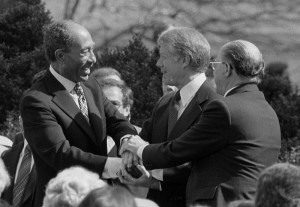Being Fair to Church Autonomy After Smith
Stuart McPhail makes an interesting observation in his short essay “Being FAIR to Religion: Rumsfeld v. FAIR’s Impact on the Associational Rights of Religious Organizations,” 3 Harv. L. & Pol’y Rev. 221 (2009), which was recently brought to my attention by the Alliance Defense Fund’s excellent “Alliance Alert” daily email (a must-read for scholars and activists interested in religious liberty, marriage, or life issues). In the essay, McPhail looks at the freedom of expressive association doctrine as an alternative grounding for the rights of religious organizations. He does so because he questions whether the traditional protection for such rights, the church autonomy doctrine, has survived the Supreme Court’s decision in Employment Division v. Smith, 494 U.S. 872 (1990).
McPhail asks “whether or not the church autonomy doctrine has survived Smith.” He acknowledges that courts which have considered the matter, including five federal circuit courts, have held that it did so. However, he questions whether “Smith ended religious organizations’ unique associational rights, leaving only the protections for expressive associations and any limitations to them, upon which all other organizations must rely.”


